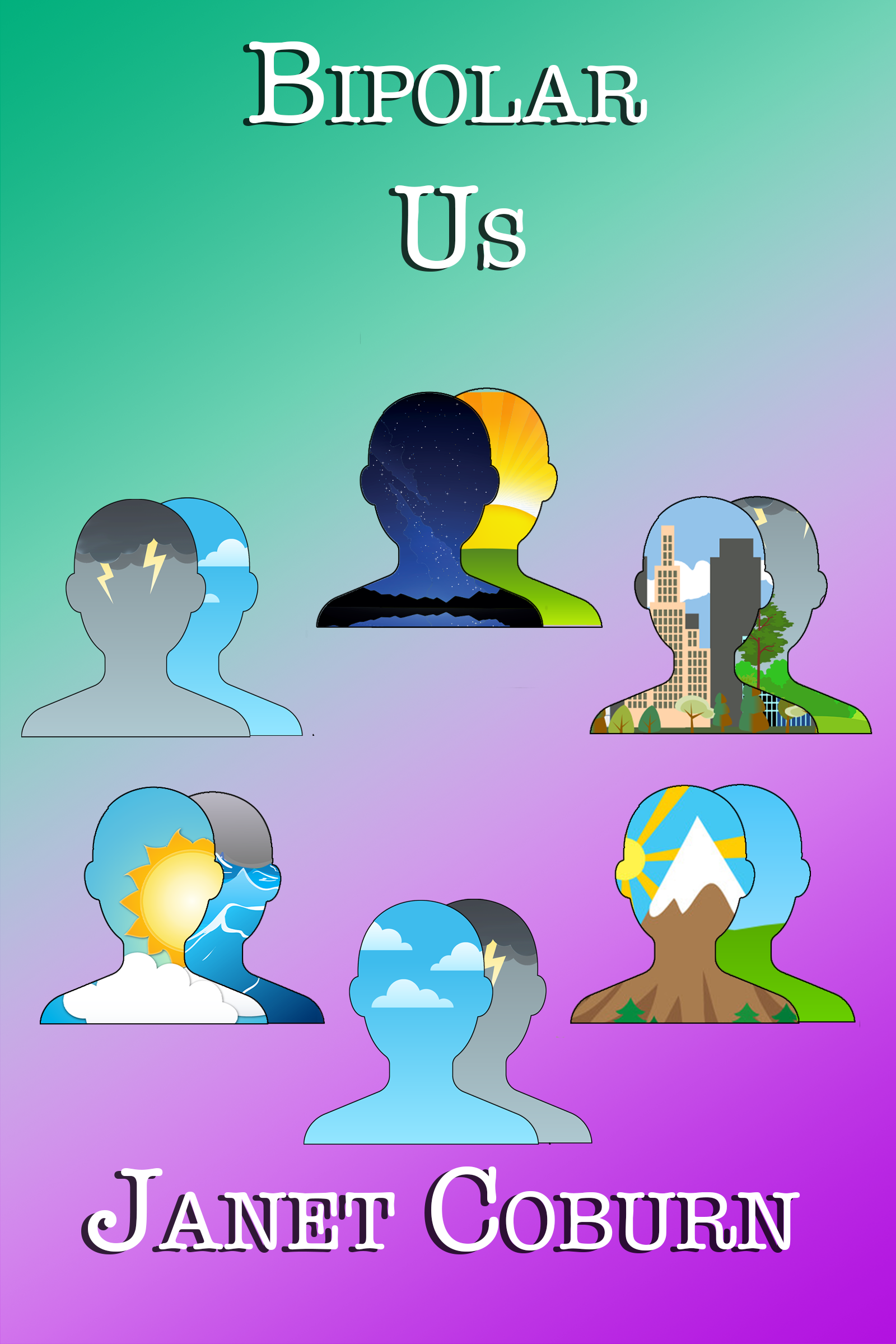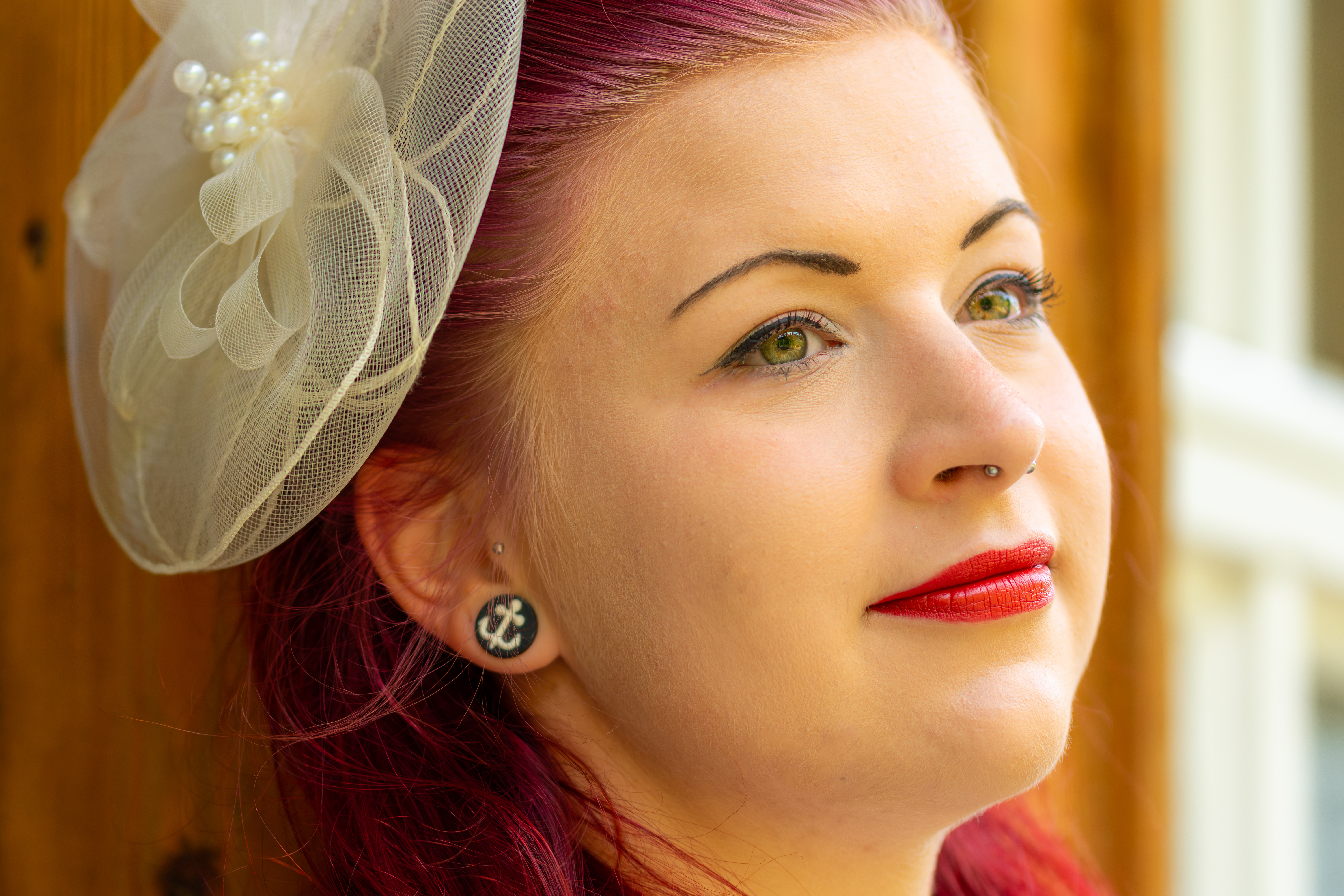 Recently I was reading an article online and came across a word I had never encountered before: sanism.
Recently I was reading an article online and came across a word I had never encountered before: sanism.
I don’t like it.
Oh, I realize that it’s meant to go along with all the other “isms” – words that point out how the world decides who is worthy of respect, then campaigns for the rights/recognition/understanding of the disrespected. There are lots of “isms,” some familiar by now, and others that just never quite made it.
racism
sexism
nationalism
feminism
elitism
ethnocentrism
ableism
lookism (This one didn’t catch on. It means that pretty people are advantaged.)
colorism (Not quite the same as racism, it refers to the idea that lighter shades of brown skin are preferable to dark ones.)
Not all of these terms are equally adequate. Sexism, for example, refers to the divide between male and female, and implies (though does not call out) heterosexism in particular. It ignores the experience of people with other kinds of gender expression – genderfluid, pansexual, and trans, for example. It probably should be “cis-sexism,” but then everyone would spend an hour explaining that when they tried to use it.
Ableism is another term that has problems. In its basic form, it contrasts the able-bodied against the disabled, or rather points out that the rights and even the humanity of the disabled are discounted. I bet some of you are wincing at the phrase “the disabled.” Times change and terms change. Right now the preferred term is “person with disabilities,” though we have been through other versions – “differently abled,” “physically challenged,” etc.
The general rule in these situations is to call people what they prefer to be called. But how do you know which term that is? Negro, Black, black, non-white, colored person, person of color, and probably a few I’m missing have had their day. And if you use Black, do you also have to use White? Many people do not understand the word Caucasian anymore, and certainly can’t explain why it means the same as white. Nothing you can say will satisfy everyone. Perhaps the best solution is simply to call everyone “Chuck,” or “Emily,” or “Mariko,” or whatever.
So. Back to sanism. My first problem is how to pronounce it. San-ism? Sane-ism? And if the latter, shouldn’t it be spelled saneism? Do we need a hyphen (sane-ism) to keep it from being mistaken for an unfamiliar religion?
But the real problem goes deeper than that. Sanism implies that there are two categories: sane and insane. If you’re not one, you’re the other (and discriminated against, but let’s put that aside for now).
Personally, I have a mental illness (bipolar 2), but I don’t think most people would classify me as insane. And there are many other people with OCD, PTSD, phobias, anxiety disorders, etc., who have difficulties because of them but are by no stretch of the imagination insane. Do we go back to the days when anyone with a neurosis was sane and anyone with a psychosis was insane? Does anyone still divide the world up that way, or has the DSM caught up with reality?
What, then, do we call ourselves? Non-sane? Not-sane? Mentally ill? Mentally challenged? Mentally unhealthy? Neurodivergent? Emotionally disordered? Nothing seems to encompass all of us. Nothing seems to work. But the “ism” suffix implies lining up two groups to make it easier to talk about the differences between them. It doesn’t always work perfectly – racism can be black/white, black/Asian, Hispanic/Anglo, etc. – and you sometimes have to define exactly what you mean.
Admittedly, the sane (able-minded? neurotypical?) have automatic, inherent advantages over whatever-we-decide-to-call-ourselves. Housing, jobs, even service in restaurants are weighted in favor of people with no psychiatric/psychological label or diagnosis.
But wait! We already have a word for that – stigmatized. Sanism sets up the contrast between those who consider themselves “normal” and those that the normal consider “abnormal.” In other words, stigmatized.
We already know that stigma exists surrounding mental illness. We don’t really need the word “sanism” to redefine it. Or to pit us against one another.
We have mental or emotional disorders. We are discriminated against – hated, feared, shunted aside, diminished, discounted, blamed, or avoided – because of that.
That’s stigma.
That’s what we have to fight.
Not “sanism.”



Comments on: "Another Word for Stigma" (9)
wow I have never heard or sanism and when I looked it up after reading this blog I was surprised, and kind of disappointed people spend so much time and energy developing a word to group people together instead of spending that time trying to get people to understand and stop the stigma around Mental and emotional illness. Great blog and I look forward to reading more from you
LikeLike
Thanks for the kind words. I post every week on Sunday.
LikeLiked by 1 person
Very interesting and well said. We certainly don’t need another word to divide us from the rest of the world. Thanks for sharing your thoughts.
LikeLike
I’m glad you like it. I feel very strongly about the issue of stigma.
LikeLiked by 1 person
Excellent post, Janet. I agree we don’t need more words to divide us – we’re divided enough already. I’m excited at how far we’ve come over the last decade or so, but we still have a ways to go.
I’m glad you posted above that you post every Sunday. I’ve been wondering why you’re not blogging anymore and apparently I’ve been missing them since I don’t enter the blogosphere on weekends. I’ll watch for you now.
LikeLike
I’m also blogging once a month for the International Bipolar Foundation (IBPF).
LikeLiked by 1 person
It’s more than that though. In a courtroom, it’s the tendency of a jury to impose the harshest possible sentence on a person after a failed insanity plea. As the juror in the Gacy trial said, “oh, we knew he was crazy. We just thought he should fry anyway. ” It’s the opinion of the general public that anyone in a psych hospital deserves to be there. Deserves not needs or benefits. It’s the general refusal of the high court to rule in cases involving mental illness unless it is also a criminal case. Then, the defendant has the rights provided him by benefit of his criminal acts….
It’s being viewed as a disposable person.
I don’t think of myself as insane though. I’ve lived in my head all these years. I know all of its hiding places… lol. I think of it as thinking sideways, and I don’t so much think of it as a brain abnormality or dysfunction. I think of it as a learned behavior… a means of adapting to an insane situation.
LikeLike
Thanks a lot for the blog post. Really looking forward to reading more.
LikeLike
You’re probably aware that the word sanism has already ‘caught on.’ I understand your feelings about not wanting another word that appears to ‘separate us’ from the rest of (sane) society. But please know that this concept is extremely helpful for many of us crazy people. And it’s essential to work currently being done in Mad Studies, Critical Suicidology, etc. That’s all I wanted to say.
Cheers,
Lzz
LikeLike